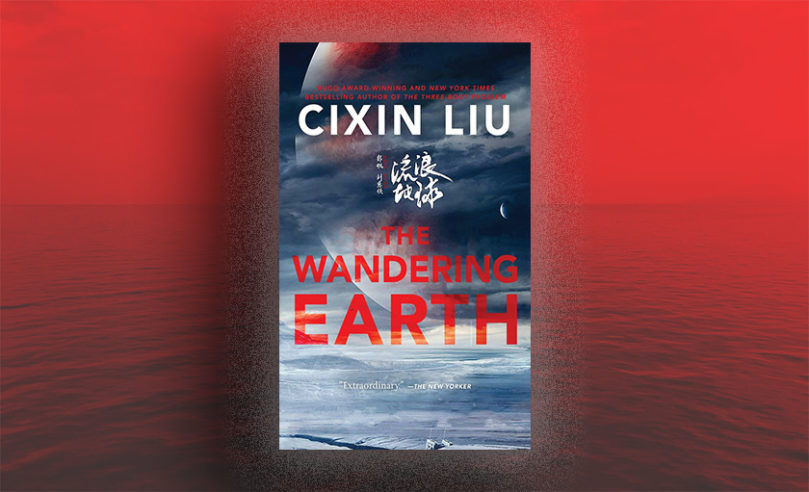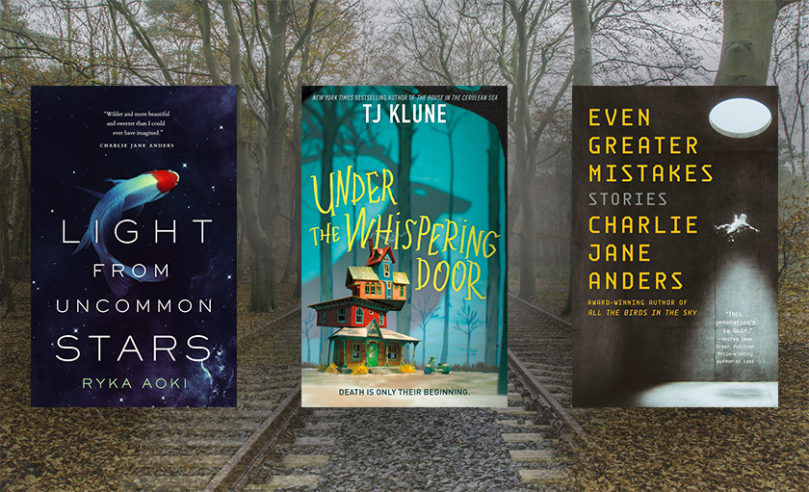
$2.99 eBook Sale: July 2022
Wow! How is it July already!! We all know it’d be a Cruel Summer without hot eBook deals, so don’t sweat that Summertime Sadness because we’ve got the digital book downpricing you need to keep Cool for the Summer
Check it out!



